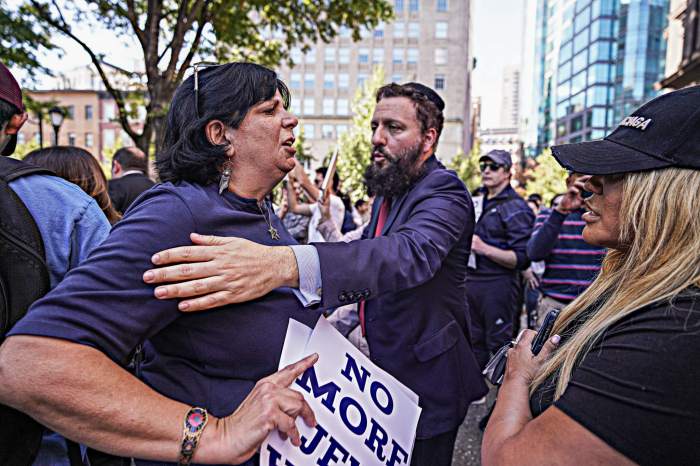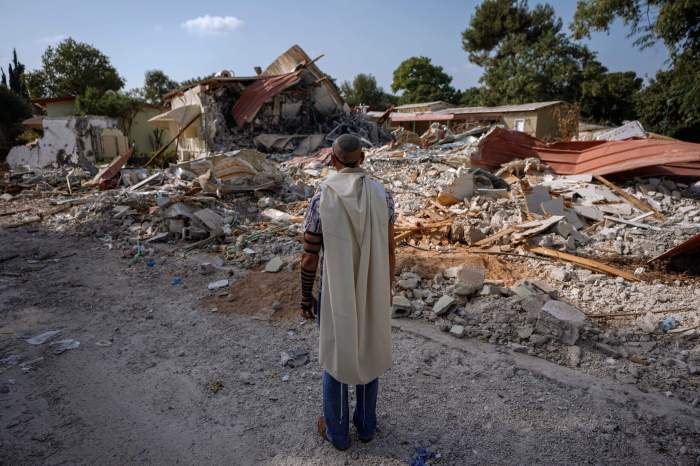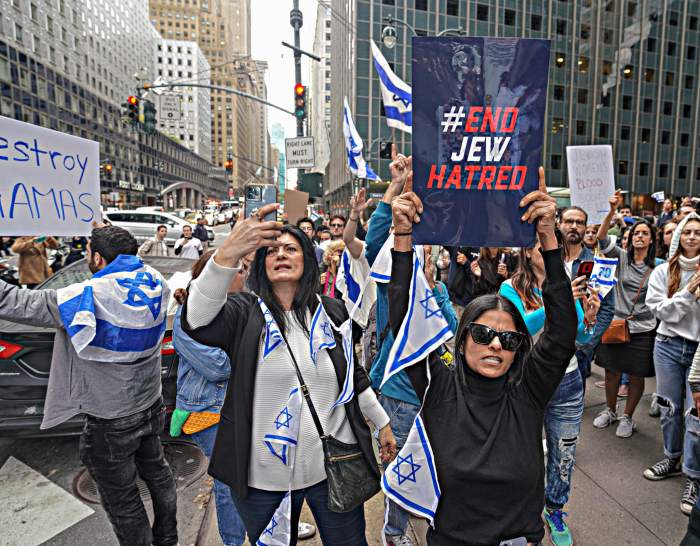With the arrival of app-summoned Lyft, the car service with the pink moustache, New York City’s taxi wars are likely to shift into high gear with a brash new idea: competition.
So far, just a few Lyft cars are out and about because of a driver shortage, according to news reports. But with Lyft’s approval last week, and with the approval of UberX earlier this month, state and local regulators have hammered out a sensible policy on app-hailed car services.
The rules of the road go like this:
Permissible: Car services that agree to abide by NYC Taxi and Limousine Commission regs — which include yearly drug tests for drivers, criminal background checks, regular vehicle inspections and commercial insurance.
Impermissible: Car services that argue, as Lyft did a few weeks ago, that they’re exempt from the rules because they’re simply a group of friends driving other friends around for a suggested price. State Attorney General Eric Schneiderman has correctly made it clear that this type of argument won’t roll — not in the madcap sound and fury that is New York City street traffic.
So now that Lyft and UberX both have a green light to work here, what kind of competition can we expect?
The two app-hail services could make life considerably tougher for the city’s more than 13,000 yellow medallion cabs, which have ruled Manhattan’s streets for decades through something like a monopoly on street hails.
Best case scenario: You might at last be able to get a cab around 5 p.m. when many yellows — which mainly buzz around Manhattan — flip on the off-duty light and head for their shift-change rendezvous. The yellows that are left only seem to stop for people who lead charmed lives.
And if you live in Kew Gardens or Cobble Hill, tougher competition means you might be able to hail a cab faster than the time it takes your landlord to show up and fix a leaky faucet. But the best place to judge this eventual change may be on a rainy Manhattan weekday afternoon. If the cabbies are rudely competing for passengers at major pickup points — rather than vice versa — then we’ll know the regular folks who make the city work have won.

















